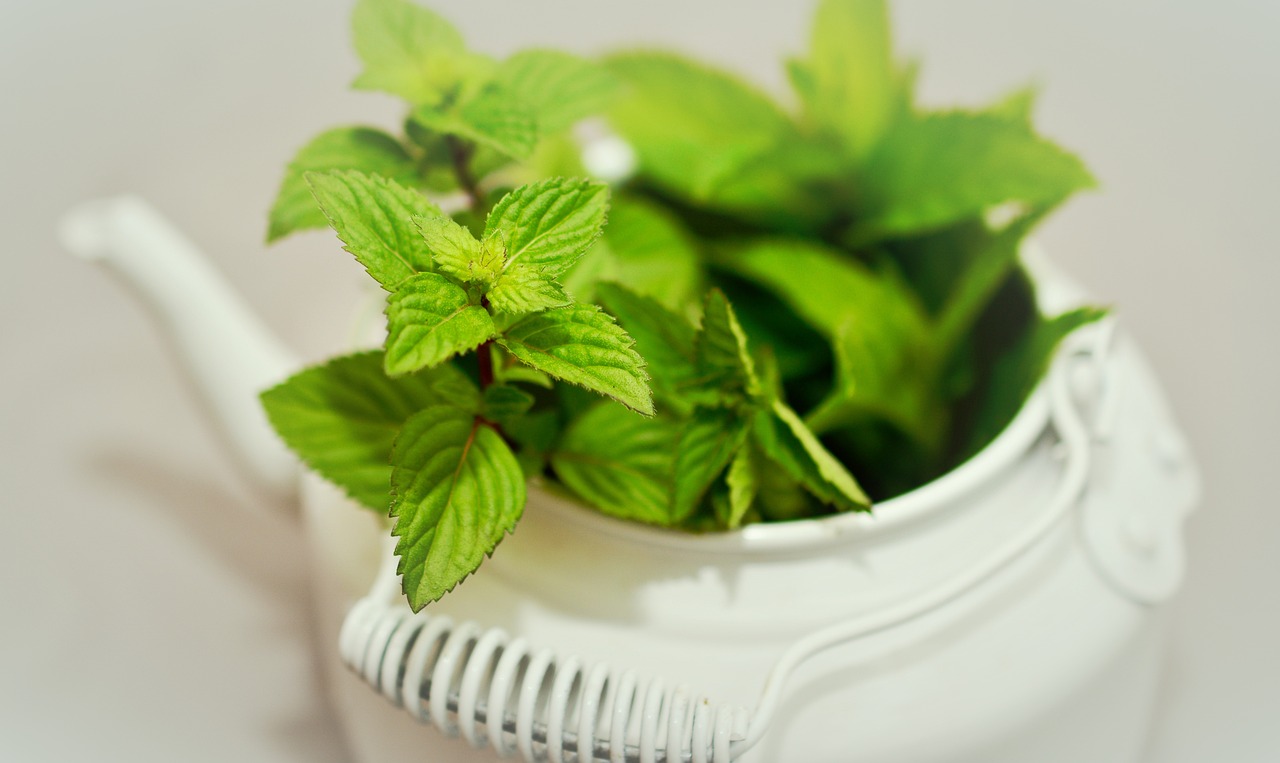Causes and Remedies for Nosebleeds

Most nosebleeds occur without much warning. Aside from the mess created, these bleeds can be alarming, both to the person having it and to the people nearby. There is usually a good explanation, though it may take a doctor to find some of the causes.
Knowing what to do when you are actually bleeding is necessary. Pinching your fingers firmly over your nose is a given, though it is best to have something in your hand to absorb any blood that escapes. You may also want to apply pressure to your cheeks.
Many people believe that the head should be tilted back, but this is actually a bad idea. Doing so can cause the blood to go down your throat. When that happens, you’re at risk of choking on the blood. It will also get into your stomach and that causes nausea and vomiting. Applying ice or a cool cloth to your face and the back of your neck may also be useful.
There are a number of relatively benign reasons for your nose to start bleeding. Below are six of the most common.
Roto-rooting:
Mom always told us not to do it, but most of us do so anyway. Trauma is a major cause of bleeding, and picking the nose is a major part of it. Most of the time, it’s a minor blood vessel that will quickly stop, but there are arteries in the nose that can bleed for quite a while.
High Blood Pressure:
This is a debatable point. Many doctors agree that high blood pressure can cause the nose to bleed, but not all do. My experience leads me to believe it is true. If this is the cause, you may require medical attention to get it stopped and to reduce your blood pressure.
Allergies:
Inflammation and irritation of nasal tissue can cause blood vessels in the nose to break. Some medications that are used to stop the suffering can actually make a bleed more likely.
Medications:
Speaking of medications, if you take blood thinners or anti-platelet medications, your risk goes up as does the amount. It will also take longer to stop it.
Weather:
Extremes in temperature, dry are and the need to adjust the indoor temperature dry out nasal passages. Cracking a vessel is much more likely.
Infection:
Sinus infections act in a similar way as allergies. Swelling of the nasal tissues can cause breakage of vessels in the nose.
For dry nasal passages, you may want to consider saline nose mist and/or a lubricant to moisturize the tissue and reduce your risks. If you suspect an infection, ask the doctor which to use and how often to apply it. Any nosebleed that lasts longer than fifteen minutes or produces a large volume should be seen by a doctor at urgent care of the emergency room.
The Author:
Mary Bodel has been a master herbalist since 2004 although my training began long before I reached that level. I believe that health encompasses more than taking care of our bodies. It involves everything from what we eat to what we read. It involves our spirit as well as our body.
Photo. Gemini








